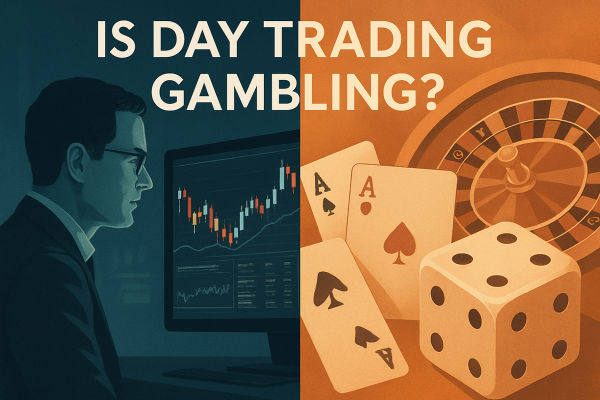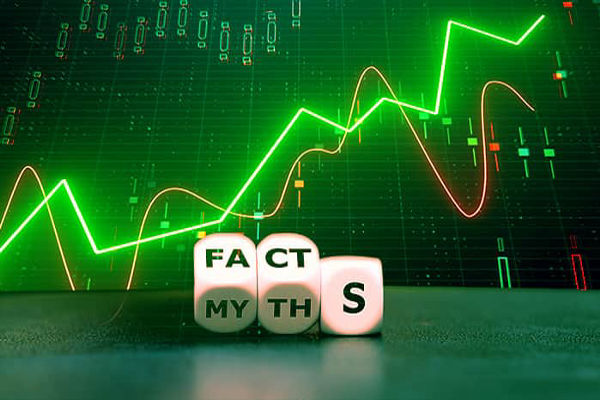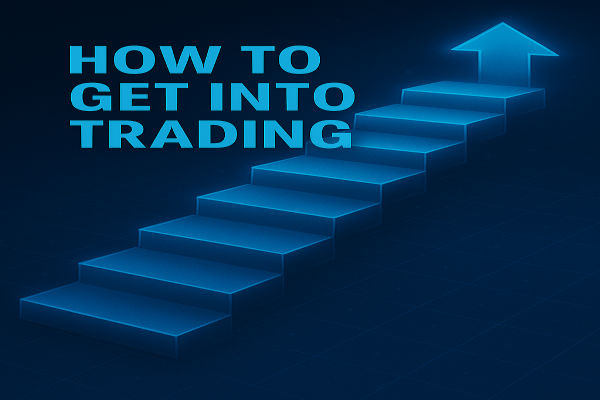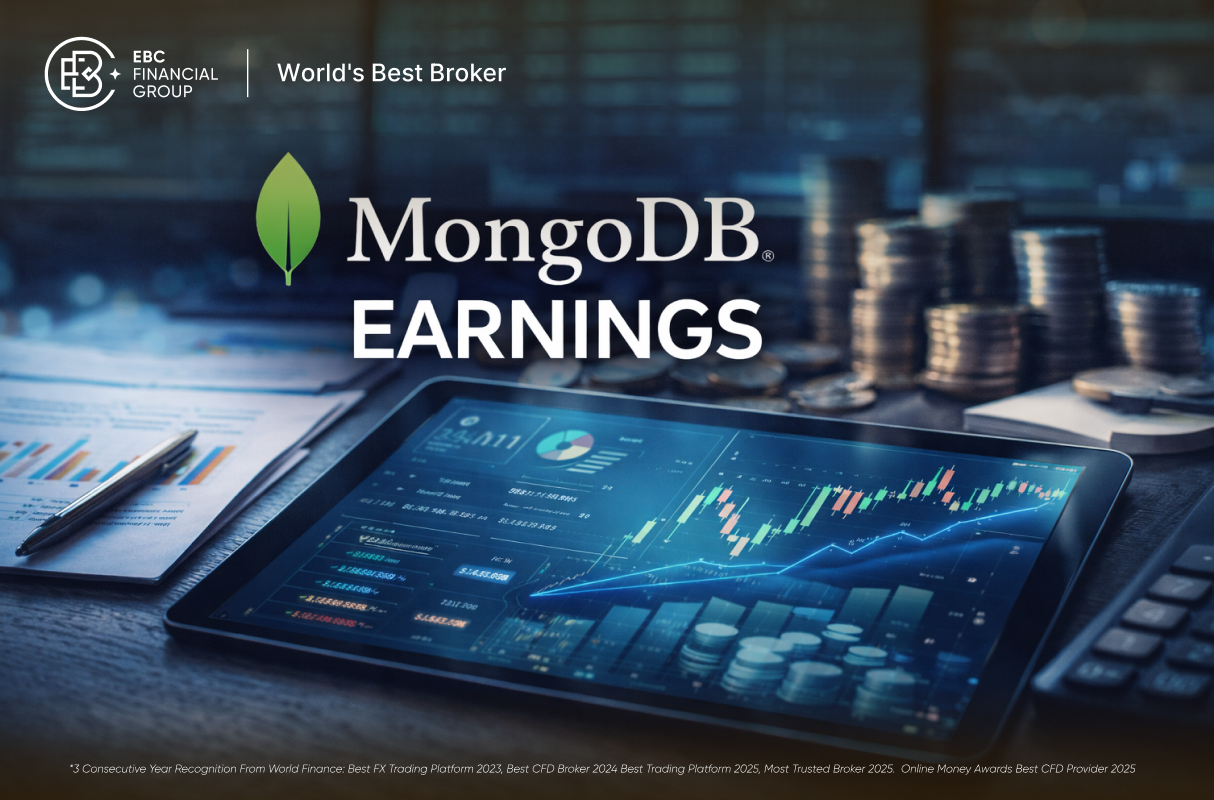Many people wonder: is day trading gambling or a legitimate way to profit from financial markets? The comparison is common because both involve risk, uncertainty, and the possibility of big wins or losses in a short time. To outsiders, day trading can look like rolling dice at a casino.
But to seasoned traders, the answer to “is day trading gambling” depends entirely on how you approach it. Done recklessly, with no strategy or discipline, it absolutely resembles gambling. Done with skill, preparation, and risk management, it becomes a professional pursuit.
This article examines the debate around is day trading gambling by reviewing recent history, exploring psychology, and debunking five popular myths that fuel the perception.
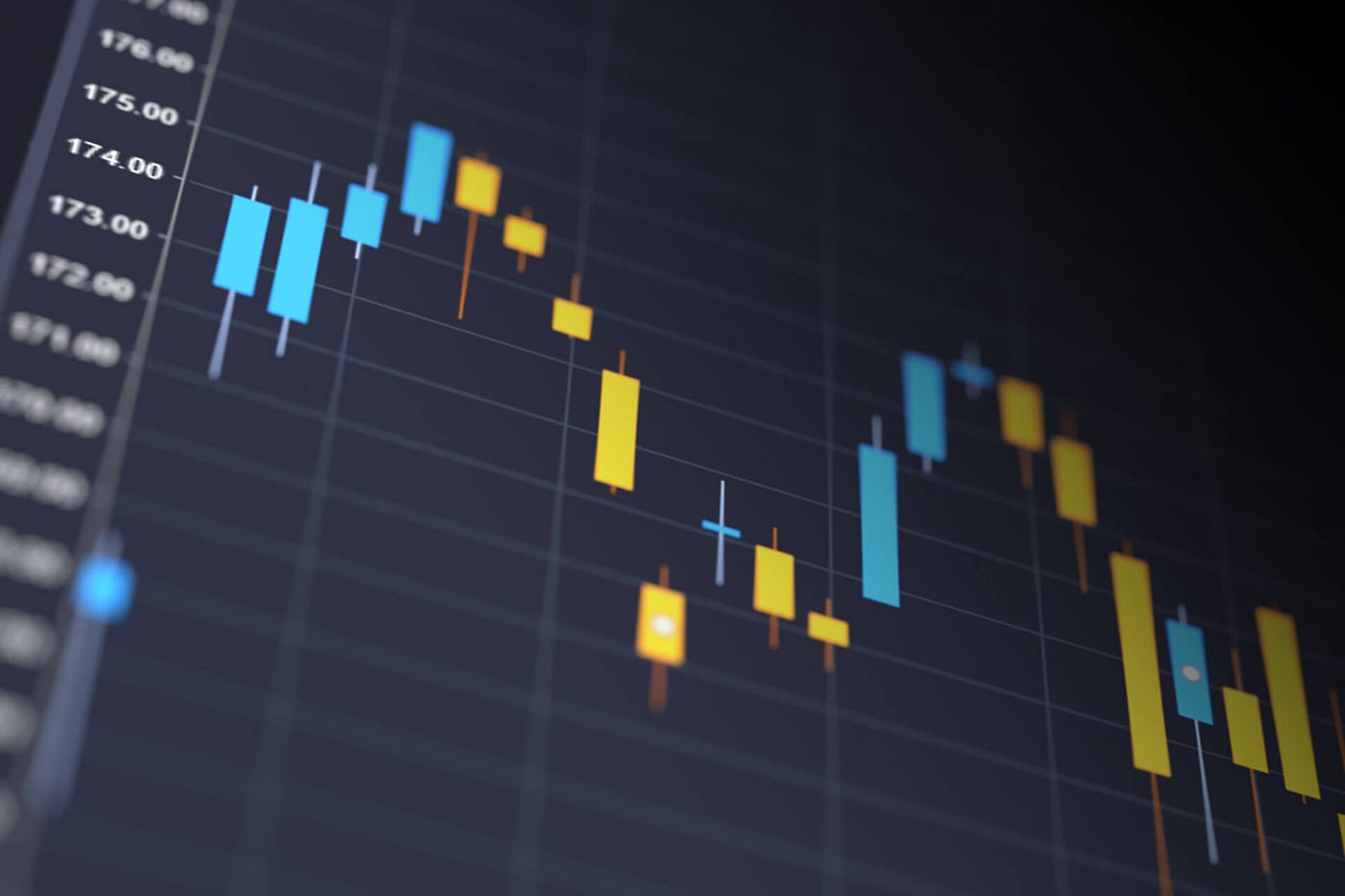
A Recent History of Day Trading (2020–2025)
To understand why people ask is day trading gambling, we can look at the last five years of market activity.
In 2020, during the Covid-19 pandemic, volatility surged and millions of retail traders entered the market. Many treated it like a game, chasing fast profits, which reinforced the gambling perception.
By 2021, meme-stock rallies such as GameStop and AMC made global headlines. Critics said these speculative frenzies proved that day trading is gambling, but others argued they were examples of collective retail power.
In 2022, inflation and rapid interest rate hikes created intense volatility. Professional traders who used systems and risk controls thrived, while undisciplined traders lost heavily. The divide between those who treated trading as gambling and those who treated it as a business became clear.
By 2023, as markets stabilised, day trading matured. More traders focused on strategies, algorithms, and discipline. Yet the question is day trading gambling continued, as media often highlighted dramatic losses.
In 2024–2025, new technologies such as AI-driven analysis gave traders more sophisticated tools. Still, whether day trading is gambling remained a matter of perception—depending on whether the trader acted with skill or recklessness.
Myth 1: Day Trading Is Pure Luck
One reason people say day trading is gambling is the belief that it’s just luck. While luck influences short-term outcomes, professional day trading relies on skill. Traders analyse charts, monitor news, and apply technical strategies. Over time, skill outweighs randomness.
Gamblers cannot change the odds of a roulette wheel, but traders can improve results with preparation, backtesting, and discipline.
Myth 2: No One Makes Money From Day Trading
Another reason people ask is day trading gambling is the assumption that no one profits consistently. It’s true many beginners lose money, but that is often due to poor preparation. There are countless examples of individuals and firms that do make money, precisely because they treat it professionally, not like gambling.
Myth 3: Day Trading Is the Same as Casino Gambling
The phrase is day trading gambling often arises from superficial comparisons. Both involve money at risk and uncertain outcomes. But the differences are stark: casinos offer fixed odds always favouring the house, while markets provide opportunities to create an edge through knowledge, speed, and discipline.
Myth 4: Risk Management Doesn’t Matter in Day Trading
Critics argue that day traders cannot control outcomes, reinforcing the question is day trading gambling. In reality, risk management is central to trading. Professionals use stop-losses, position sizing, and strict discipline. Gamblers chase losses; traders protect capital.
Myth 5: Day Traders Can’t Beat the Market
Sceptics often claim markets are too efficient, so asking is day trading gambling makes sense. Yet inefficiencies exist, especially short-term. Traders exploit volatility around news, data releases, and sentiment shifts. With discipline, it’s possible to carve out an edge, unlike gambling.
The Psychology Behind the Gambling Label
The emotional rollercoaster of day trading—fear, greed, adrenaline—makes people ask is day trading gambling. For traders without discipline, it can feel identical. But professional traders reduce emotions with rules, journals, and systems, setting them apart from gamblers.

Day Trading vs Gambling: The Core Differences
Ultimately, the answer to is day trading gambling depends on behaviour. Gamblers have no control over odds. Traders control entries, exits, and risk. Gambling is pure chance; trading is skill mixed with uncertainty.
Day trading can turn into gambling if done recklessly, but it is not inherently gambling when approached with discipline.
Conclusion
So, is day trading gambling? The myths suggest so, but deeper analysis shows otherwise. Day trading shares surface similarities with gambling—risk, chance, emotions—but it differs fundamentally in its reliance on skill, preparation, and risk control.
When traders act without discipline, it becomes gambling. When they act with strategy, it becomes a legitimate profession. The answer to is day trading gambling ultimately lies in how the trader approaches the market.
FAQs About Is Day Trading Gambling
1. Why do people say day trading is gambling?
Because it involves risk and uncertainty, many assume it is like gambling. But trading allows skill and risk management, unlike pure chance.
2. Can day trading apply to some traders?
Yes. If traders use no strategy, chase losses, or rely on luck, they effectively turn day trading into gambling.
3. How does risk control answer the question of whether day trading is gambling?
Risk controls—stop-losses, sizing, and discipline—make trading a skill-based pursuit rather than pure luck.
4. Do professionals think day trading is gambling?
No. Professionals know success comes from strategy and consistency, not luck. Gambling strategies do not apply to sustainable trading.
5. Is day trading gambling or a career path?
It can be a career if treated with discipline, education, and emotional control. Without these, it degenerates into gambling.
Disclaimer: This material is for general information purposes only and is not intended as (and should not be considered to be) financial, investment, or other advice on which reliance should be placed. No opinion given in the material constitutes a recommendation by the author that any particular investment, security, transaction or investment strategy is suitable for any specific person.
